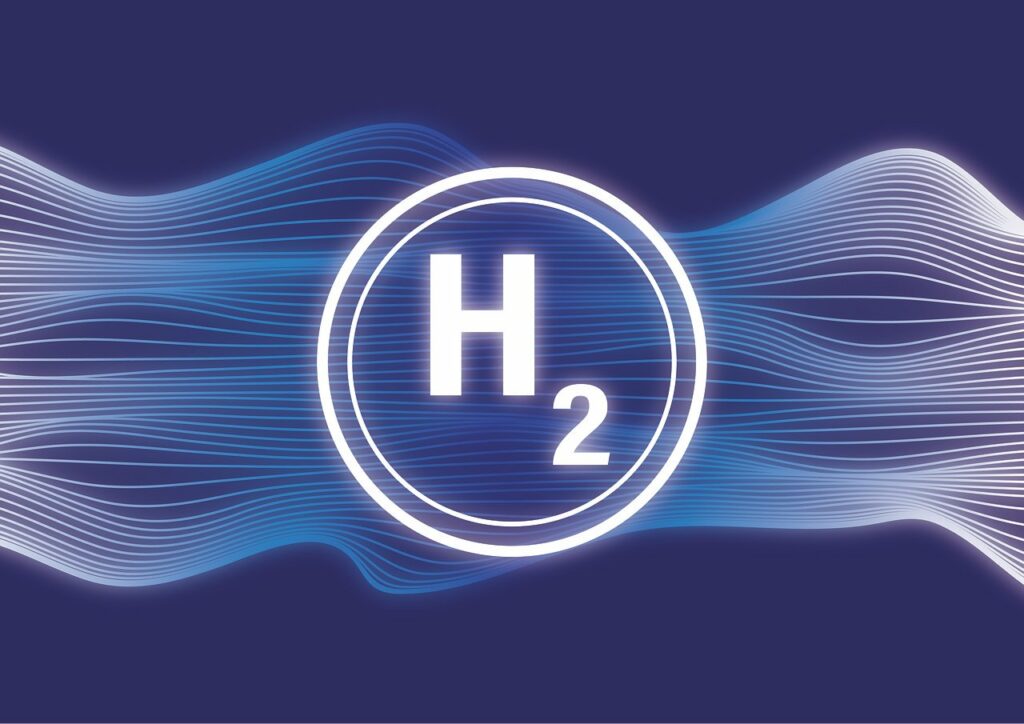Austin, Texas, is witnessing fervent discussions regarding a proposed hydrogen-capable power plant. This project, intended to align with the city’s ambitious carbon-neutral goals, has sparked both support and opposition.
Proponents argue that incorporating hydrogen technology could be a significant step toward reducing carbon emissions. The proposed plant’s ability to use hydrogen as a fuel presents a promising alternative to fossil fuels, aligning with Austin’s commitment to environmental sustainability. Including hydrogen can bridge the gap between current energy needs and future renewable sources, ensuring a reliable power supply while reducing the carbon footprint.
Conversely, critics highlight potential issues such as the economic feasibility and environmental impact of producing hydrogen. The production process often involves natural gas, which could negate some of the environmental benefits. Additionally, the substantial initial investment required for this technology raises questions about the economic viability and the prioritization of funds in the city’s budget.
City officials are tasked with balancing these perspectives, considering both the immediate environmental impact and the long-term sustainability of the energy infrastructure. Public forums have been scheduled to gather community input, emphasizing transparency and inclusive decision-making.
Community involvement remains crucial in this evolving discourse. Residents are encouraged to participate in forums and contribute to a decision that will have lasting environmental and economic repercussions.
